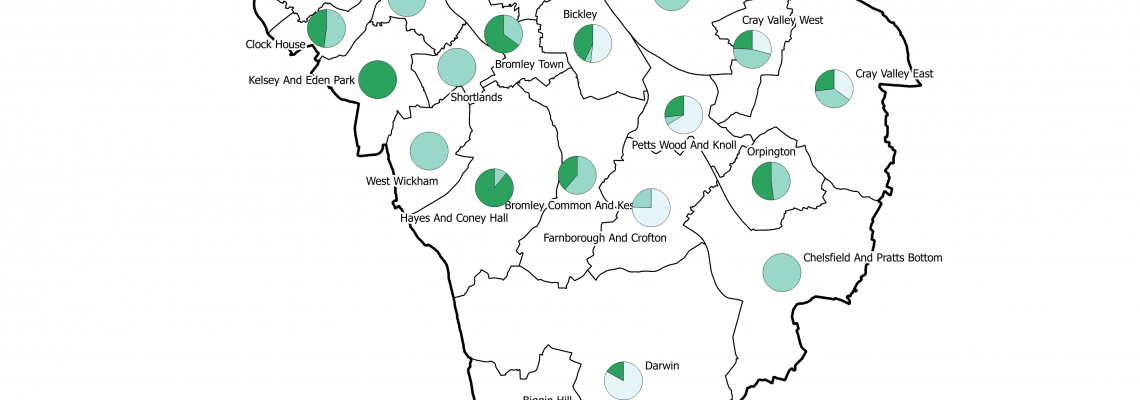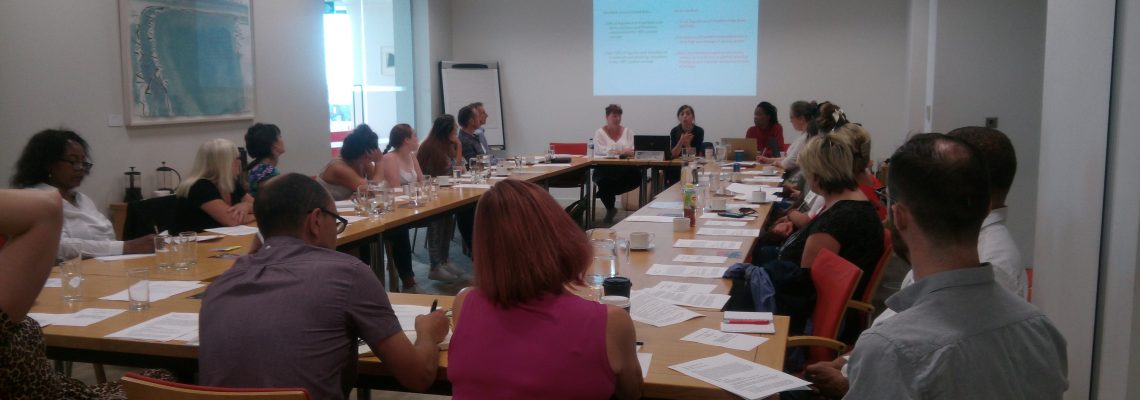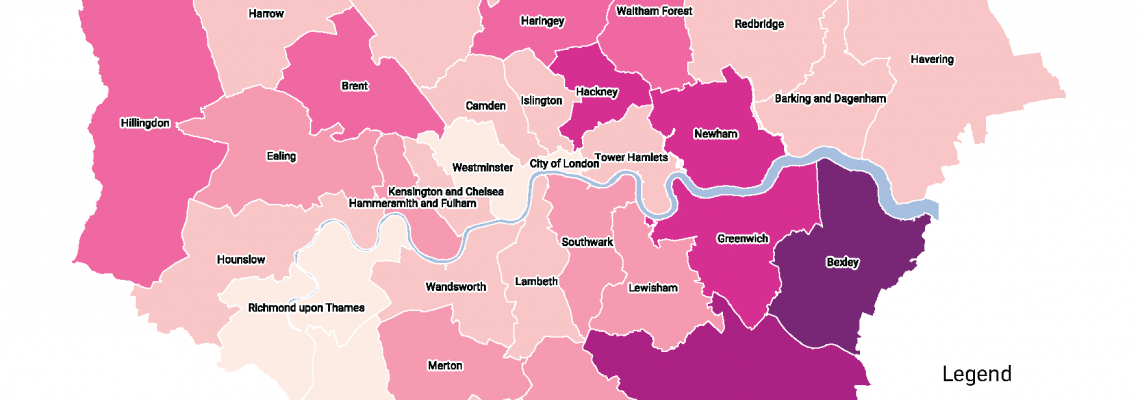There are around 30,000 Gypsies and Travellers in London. Their culture and traditions have developed through a nomadic way of life over centuries. However, across the country the community face an uncertain future. With some of the poorest social outcomes of any group in Britain the burgeoning cuts to public services will have a disproportionate effect on the community.
The lack of robust data is a key challenge to achieving race equality and there are a number of areas where gaps in evidence on Gypsy and Traveller communities negatively affect the formulation of inclusive policies to adequately meet their needs. The first step towards transformative social change is for all stakeholders in decision making processes to have comprehensive evidence, to expose inequalities and injustices, to inform policy making and to enable civil society groups to hold authorities accountable on their decisions.
Our Role
We aim to address the current gaps in data by providing an authoritative evidence-base on London Gypsy and Traveller communities, their presence, history and the inequalities and social exclusion they face. By supporting participation in the gathering of data, Gypsies and Travellers will gain greater knowledge and increased skills and confidence to campaign for a better, more equal future
With the support of the Joseph Rowntree Charitable Trust (JRCT), and in collaboration with the London Gypsies and Travellers charity, Mapping for Change hopes to contribute to this venture by initiating and delivering a participatory process for the co-creation of a series of innovative online interactive maps to collect, visualise and analyse valuable information on London’s Gypsy and Traveller Communities.
Related Projects
Ramp It Up!
‘Ramp It Up’ was a social media campaign aiming to increase awareness about the barriers people with limited mobility face on a daily basis. We called on communities to help their towns and cities become more wheelchair friendly by encouraging shops, restaurants or any building open to the public to use portable wheelchair ramps if more permanent solutions cannot be made.
Design for Wellbeing
Design for Wellbeing is a multidisciplinary research project funded by the Economic and Social Research Council. The project aims to investigate ‘community severance’; the concept that major transport infrastructure, such as busy roads, can negatively influence elderly people’s physical and psychological wellbeing, by segregating their community and restricting their mobility.



